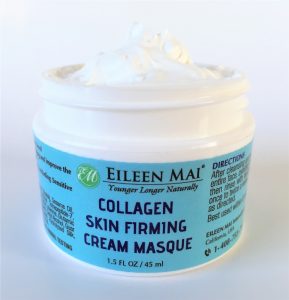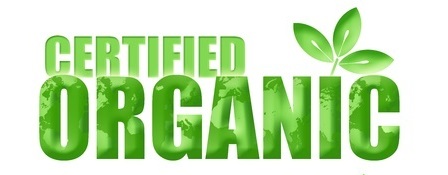 What is collagen?
What is collagen?
Collagen is a protein, accounting for 25% of total protein in the human body. Collagen’s primary function is to connect the body tissues together. To put it simply, if there is no collagen, our body will collapse. There are at least 11 types of collagen. In particular, type I and IV plays an important role in skin texture.
Naturally, on average, a person will lose about 30% osf the total amount of collagen when entering the age of 40. There are many diseases related to the lack of collagen, including arthritis and bone disease. Sagging skin and wrinkles as well as a problem related to the shortage of collagen.
How do food help provide collagen?
 There is no scientific evidence proving that collagen drink or food will help you look younger with more beautiful skin thanks to collagen supplied.
There is no scientific evidence proving that collagen drink or food will help you look younger with more beautiful skin thanks to collagen supplied.
Collagen is a protein that, when the stomach will be the digestive juices (hydrochloric acid, enzymes) change, “chopped” to create nutrients for the body. People often said that taking collagen will make their facial skin look younger, but when collagen in the body, they must follow the “assignment” of the body, this protein can go to a position completely undesirable for women, for example … the belly (especially for sweet and delicious foods).
Some people simply thought that drinking plenty of collagen will be more helpful for the body to produce collagen. This is incorrect because our body have many types of collagen undertaking various tasks. Not to mention some people are allergic after drinking or eating collagen food. Most of the collagen supplement products are isolated from the skin of cows, chickens … very easy to cause allergic rotten.
The scientists said that collagen works only when our bodies synthesize them in a natural way. We can “upgrade” of collagen in the body by eating foods that help the body to synthesize collagen.
Who should really need collagen?
According to health experts, people should use collagen supplement with the advice of doctors or professional nutritionists. Additional collagen should be assigned as needed, such as concave mark after chickenpox, scars after acne or wounds. Older people with joint problems, should use collagen to improve the function of the joints, and relieve pain in the case of osteoarthritis.
Experts note that, collagen is a natural protein that can complement through food in daily meals. If we ensure an adequate dietary protein, we should not worry much about the amount of collagen into the body. Only for elderly people when the process of protein synthesis and absorption in their body is reduced, they will need to use collagen supplements.





